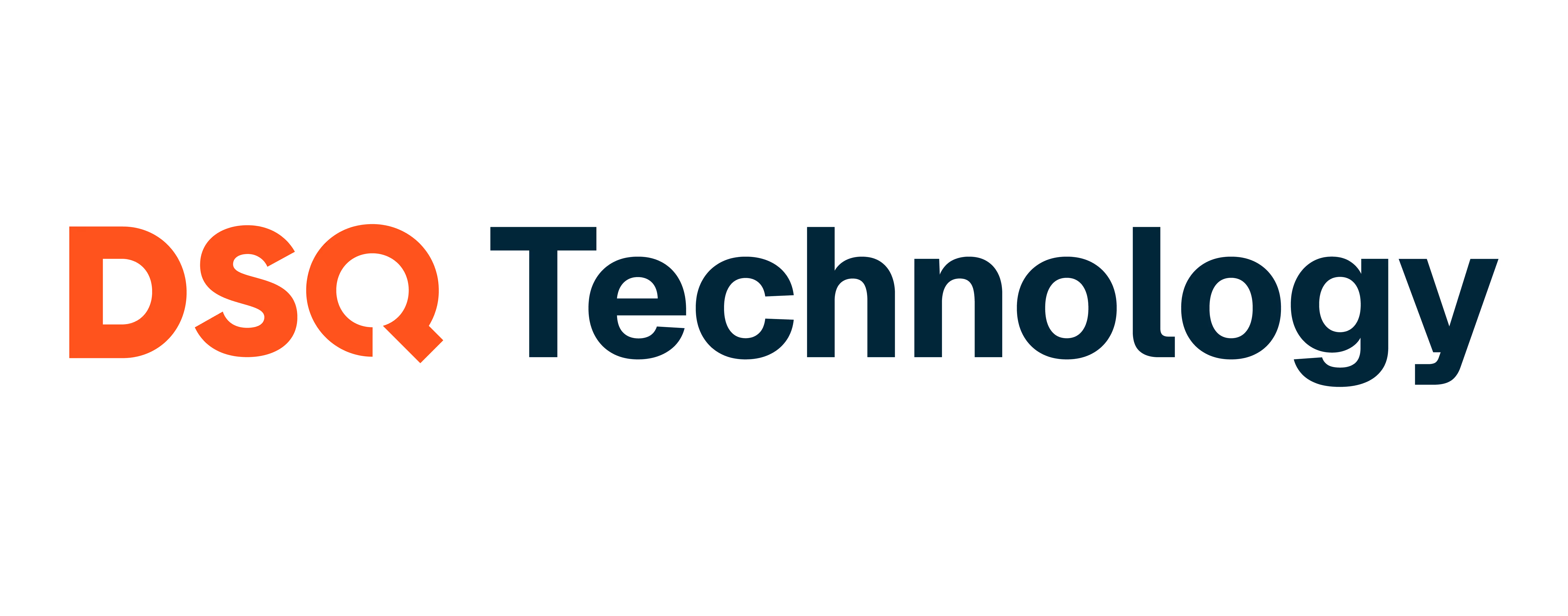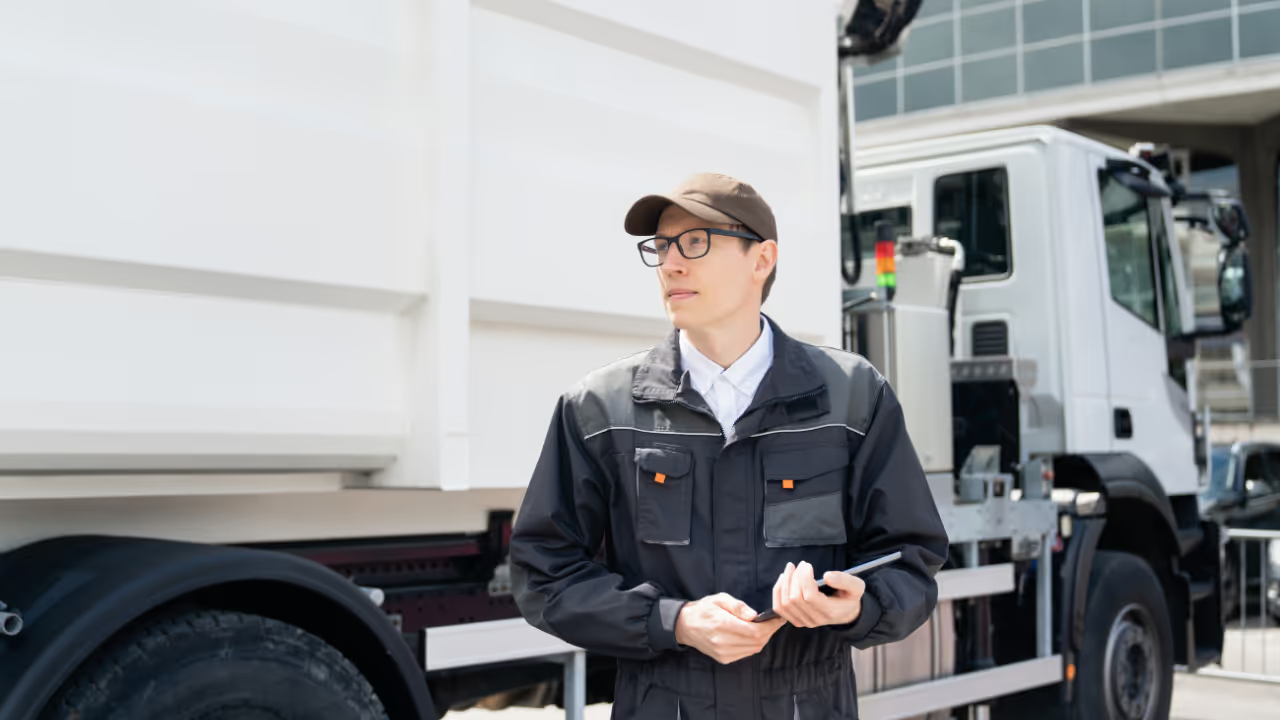Selling software into the waste world is not the same as selling fancy apps to tech startups. Waste haulers are busy, practical, and allergic to fluff. If you’re showing up with a cookie-cutter sales pitch, they’ll see right through it before you even finish your second sentence.
I learned that the hard way when I first started selling dumpster rental software. Here’s what actually works when you’re trying to win over folks who spend their days managing trucks, cans, and customer calls.
Curiosity Builds Credibility
Haulers can smell a script from a mile away. The minute you start rattling off “features” without understanding how their routes run or how their dispatchers track cans, the conversation’s over.
The turning point for me was slowing down and just asking questions. What does a typical day look like? Where do things get bottlenecked? Do they already use roll off software, or are they juggling Excel sheets and text messages? That curiosity showed respect. It also gave me ammo to talk about solutions in their language, not mine.
Funny thing: once I started listening more, my meetings got shorter but way more productive. People actually called me back. Turns out, being curious is better than being clever.
Collaboration Sells Better Than Solo Pitching
Selling to haulers isn’t just about the salesperson. These folks want to know your product will actually solve their headaches. That means I have to be in sync with the people building the product and the people marketing it.
When I sit in on product team calls, I pick up the kind of details that matter to haulers—like whether our dispatcher software can handle “last-minute swaps” or how dumpster tracking software fits with GPS systems they already use. And when I pass feedback to marketing, they can stop guessing and start writing about real issues haulers care about.
The result? Demos feel less like “let me show you some buttons” and more like “let me show you how this solves your 5 a.m. headache.”
Metrics Are Great, But Stories Close Deals
Yes, I use Salesforce. Yes, I track my open rates and pipeline stages. But if you’re selling to haulers, numbers only get you so far.
A hauler doesn’t care that I have 47 “active opportunities.” They care that I understand why their municipal bid is stuck in limbo, or why their driver turnover makes adopting new tech scary. Leadership back at my company cares about that story too, it explains why deals move or stall, not just that they do.
I stopped chasing every single lead and started focusing on the right ones: the private companies and city contracts where our roll off dumpster software could actually make life easier. Quality deals close faster.
The Bigger Picture
At the end of the day, selling to waste haulers is about respect. Respect for their time, respect for their work, and respect for how tough their business really is.
It’s not just about pushing software, it’s about helping them run leaner routes, answer fewer angry calls, and track dumpsters without pulling their hair out. That’s what keeps me motivated, even when the inbox is overflowing.
Because if there’s one thing I’ve learned in this industry, when haulers win, the whole community wins.






%20(1).png)

.jpg)